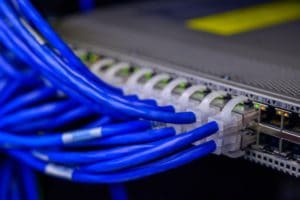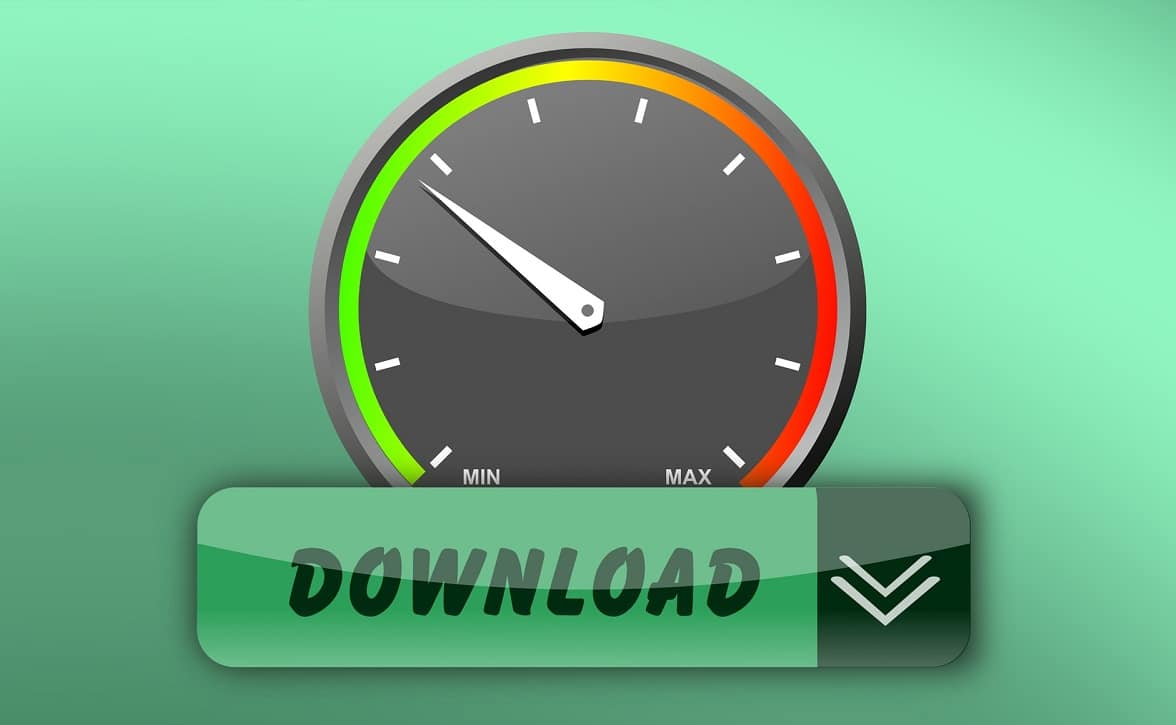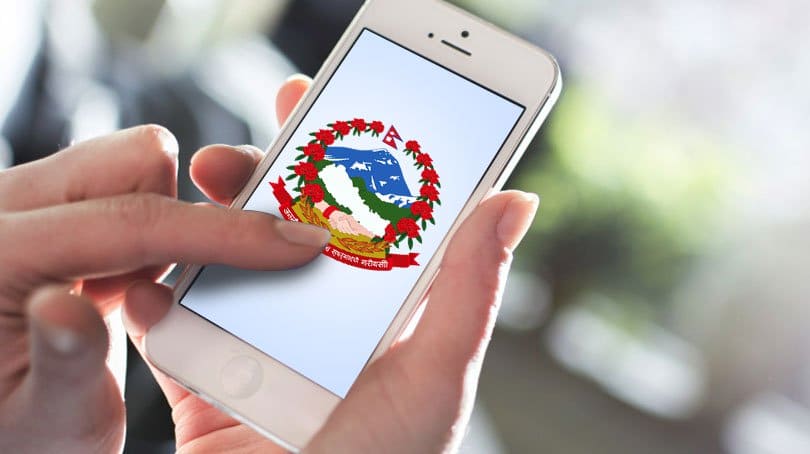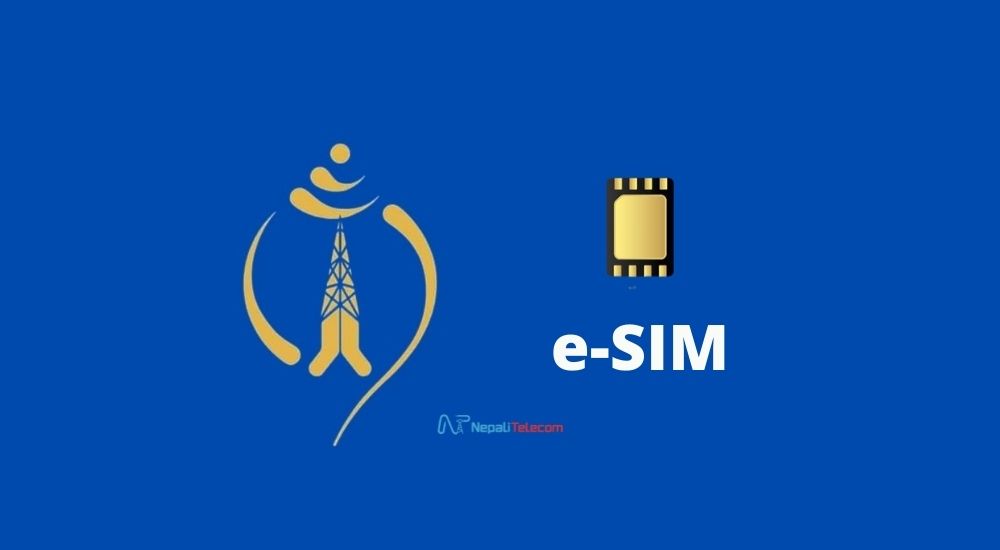Ever since the CoronaVirus pandemic threat had hit Nepal, internet usage went berserk, making the internet experience very poor. Now we can feel the real importance of the internet when everything comes through the internet even the groceries. With the slow internet speed and more, people have been expressing their dissent over the social media and groups, not forgetting the comments over the Fb page of the ISPs. Here we shall cover the detailed story of the internet situation now, with the challenges of ISP and their own words on the matter.
Complaints
What we have found from those complaints is that people do not only have the issue with the internet speed. Some people have also complained about not getting the support (on-site) for their home internet which is not working at all. Although they have been informed about not being able to reach their premises, people do not stop complaining as now it is the only option for many to stay home calm or busy.
Then we also found people complaining about their inability to pay the internet bills in this lockdown period. When queried with the ISPs, if they can extend the internet deadline, then they were told to pay the bill digitally, to save their internet disconnection. While some of them do provide the grace period for the required ones upon request.
We suppose this payment should not be an issue if a person uses any sort of digital banking or wallet. They can even ask some of their friends/family to pay the bill for this time. As Nepal Telecom extended the deadline for their home internet services in this period, people might have expected the same with other ISPs.

ISPs blamed
People blame the internet service as not to be a truly unlimited service due to the FUP caps. Earlier they were consuming less bandwidth as they used the home internet only when they stayed at home. Some of the ISPs in developed countries have removed such caps in the emergency period to encourage people to stay at home or work from home. They could only do as they have abundant resources in their network.
But in our country, the FUP (fair usage policy) remains in place or the implementation might have become tighter in the wake of managing the accelerating traffic due to the movement restrictions and work from home.
Global phenomenon
First thing, It is not only a local phenomenon that hit us hard. All the Internet/Network providers have faced this issue globally. Wherein the giants like Netflix, YouTube also downgraded their video quality to free some bandwidth. Worldwide ISPs are having trouble times to manage their network now with massive surge in traffic.
ISPAN and NTA requests
The ISPAN and NTA have already informed people to follow self-restraints over internet usage as the demand had surged briskly. They announced it so as to encourage people to use lesser data over the peak hour and could slacken the impact. They asked people not to use the internet for superfluous content like excessive torrent downloads and gaming in the busy hour. Here is our earlier post on the internet slowdown reasons.
We know how it feels to have slow internet and we can also put ourselves in people’s toe when the internet link is broken. So, we are here to provide a detailed analysis of the internet experience in this period.
The capacity of the internet connection?
Before going into the details of what went rough, here is to deliver the know-how of the capacity and the congestion of internet connection. No matter which internet connection you have at home, either Fiber or ADSL or Coaxial, the below description holds true.
To make it easy, let’s take an example of water pipes where each pipe from home joins the bigger pipe in the street, then to the main road and ultimately to the source or reservoir. The same is the case for the internet as well.

Suppose we have an internet connection of 10 Mbps which goes to the local collection point. Then there is a bigger pipe having a higher capacity (100s of Mbps) than the individual pipes, which connects to the regional office. All the regional offices then connect to the central office with a big pipe (throughput in Gbps). Ultimately a larger pipe (in multiple tens of Gbps) connects to the internet cloud through the intercountry optical fiber link. Here, we can see that there is a capacity of each link from the home to the ultimate browsed server.
If all of the people use the internet heavily, the links can be congested and the internet experience for some people will be very low. Coming back to the same example of water supply, if some people use a motor pump to get fill their tank faster, then there will be a problem in the water supply in other homes. So, there will be less or no water flow to other’s taps.
READ: How to get an internet connection at home?
Challenges for ISPs
Here are the challenges with the ISPs in this COVID-19 lockdown period.
Internet usage
As people support the lockdown by staying at home, all of their activities now relate to the internet and pass through the same pipe. All the people staying at home now do nothing but the internet, consuming more videos, torrent downloads, and gaming. Previously they used to have such a high utilization period only in the night time from 8 pm to 11 pm. But with this lockdown, people are absorbing traffic at all times and making them hard to handle the usage.

Bandwidth and link congestion
Excessive network usage has resulted in network congestion in two aspects. One facet is the connection from the people’s home to the local ISP’s server and another is the total bandwidth connected to the internet cloud.
Here we also should not skip the link congestion in the caching traffic. As the major traffic always comes from Facebook and YouTube, they have managed the international bandwidth for these applications by putting a local cache. Chances are they could also have some limitations in the server and also in the link to these servers. That may be the reason for the dwindled internet speed at the early days of lockdown.

For the congestion in the internet bandwidth at the network level, it depends on their agreement with international bandwidth carriers. But as internet usage has increased to a large extent for the carriers worldwide, it may be difficult to manage the bandwidth instantly. Similarly, for the link congestion, the ISPs could expand the capacity either logically or physically.
FUP
The fair usage policy has been there with the ISPs for long. These policies are enforced by the ISP to reduce the impact of excessive usage from certain users to other normal users. The ISPs used to mention that the percentage of users with such enormous usage was around 10%. Read more about the Fair usage policy.
But now with the coronavirus pandemic, the numbers of such users crossing the FUP limit might have increased drastically. So, the households which consume a huge volume of the internet have been affected most with the poor internet experience due to the FUP.
Once they cross certain volume usage in a particular period, the ISPs throttle the internet speed as per their policy. To curtail the unreasonable usage, this is one of the tactics used worldwide. The ISPs here also impose the FUP which might have been applied to more households now with the hike in internet usage. But people see it as an excuse not to provide the real unlimited internet service (which they believed to have got while subscribing).
On-site support
As per the ISPs, it is not true that they are not performing field activities. They seemed to focus on maintaining the outages in certain areas rather than supporting individual home issues. All they can do with the limited passes available is to look for mending outages in the whole area. They have been getting requests from people to come to their premises to rectify the issues. But as they have limited passes from the government, they have trouble reaching out to each of them.
They had already forecasted this kind of situation so they had requested people not to play with the settings as some of the issues arise due to it.
Payment and safety
Despite the virus threat, ISPs have opened up some branches and bill payment counters. Though they say they have followed every precaution, there are always chances of contact with such presence. So, another challenge lies in the safety of their staff be it in the counters or in the field maintenance.
We also suggest all the customers pay the bill from digital methods like eSewa, Khalti, banking apps and more, to be safe. Sometimes no matter how aware we are, we can suffer from the mistakes of others. So, staying home is better to be safe 100%.
As known, some of the ISPs have been providing a grace period to the subscribers who request for their inability to pay their bills. If you have such issues, you need to contact them with your valid reason.
New installation
Considering the limitations of the technical personnel and the vehicles, they have stopped or reduced the installation of new lines. Although there are huge people who are seeking to get a new connection, the ISPs are focused on maintaining the service at the area/network level.
Internet discount
Currently, ISPs are troubled in maintaining their network and with added bandwidth demand. The government had directed ISPs to provide a discount on the internet by 25% with the relief packages to people. But the ISPs almost denied providing the discount, if the government doesn’t provide any subsidies to them.
We also reached out to the popular Internet service providers in Nepal with the same queries to all. Here is what they have responded to us.
Subisu Cablenet
Based on the communication with Mr. Binay Mohan Saud, CEO of Subisu Cablenet Pvt. ltd.

What sort of complaints are you getting from customers?
What sort of complaints are you getting from customers?
There are mainly three types of complaints:
- Clients unable to use the internet due to fiber breakages within client premises as well as on the poles.
- Clients unable to use the internet due to their inability to pay online or via bank.
- Slow internet complaints due to excessive internet use within clients’ premises as well as local WiFi interference within and around clients’ premises (due to increased WiFi activity).
What percentage of subscribers complain as per your data?
Normally customer complaint on a particular day is less than 1% of the total customer base. However, it is increased to about 3% since the lockdown.
Some people have even complained about email not working, do you have such a condition?
We haven’t received any complaints regarding email not working.
Do you problem with a particular area or whole network?
Due to fiber breakages on poles (due to fire or short circuits), we have specific areas affected by these localized incidents. There has been no incident affecting the whole network recently.
Have you stopped all the field maintenance works now?
No, we have been carrying out regular maintenance of fiber breakages on the poles since the beginning of lockdown on a reduced scale due to the unavailability of sufficient vehicle passes. Now, we have started repairing the connectivity of end customers as well.
How about the usage of internet bandwidth before COVID-19 and now?
We have seen internet usage increase by more than 20% since the lockdown.
If you find any congestion, are you adding up bandwidth?
Our network resources are adequately designed to handle bandwidth surges up to 50%.
Do you have any issues like congestion on Facebook, YouTube cache?
There is some congestion in Google-managed YouTube caches that are shared by major ISPs in Nepal, however, the end customer impact hasn’t been so significant. Facebook caches, which is located inside Vianet premises, have no issues.
Do you have any request to the customers?
- We are running with minimum manpower resources, so, there may be some delay in responding to customer calls and complaints. We request our customers to make complaints via social media, Vianet App or email.
- There may be long delays in maintenance activity needing a visit to clients’ premises due to lack of adequate manpower resources, so, we request our customers to avoid moving router and ONU by themselves.
- Due to lockdown, we are unable to open our service centers, so, we request our customers to pay their dues online via Vianet App and online payment partners or bank deposit. Our customers can reach out to our call center to help them with online payment.
Worldlink Communications

As we queried the same to Worldlink, they didn’t provide the concrete reply as with other ISPs. Whereas they accepted the fact there was an issue with their network before. But they claimed to have added abundant resources and taking measures to solve customer problems including that of bill payments. We can confirm from sources that they do add up 25% more internet bandwidth to mitigate the congestion in this lockdown period.
They also request people to refrain from gobbling up the internet for unreasonable content and activities. Read for the Top 10 ways to be productive with the internet.
It seems Subisu and Vianet are less affected by the internet surge. Worldlink claims that they have rectified the rampant slow internet issues. Let’s see how customers have experienced the ISP’s internet service now as we are seeking feedback.
We could not judge if they have done quite enough to improve people’s internet experience. Even if some of the customers might still be affected by internet speed and support, we would like to appreciate the efforts of the ISPs in this difficult time.
Don’t forget to read How Nepali companies tackle the COVID-19 situation?
Here in this post, we provided you a detailed report of how is the current situation of the internet service, the challenges and got the in-depth data from the ISPs. Tell us how do you find the story, please feedback in the comment below.













